
Eagle Feathers #205– Father’s Day
By Bob (Monty) Doherty
William Jackson Smart was the original inspiration for Father’s Day. He was born in Arkansas in 1842, the year of Somerville’s birth, and fought for both sides during the Civil War. After his supply wagon was captured, the North offered him the choice to be imprisoned or to join them … so he chose to become a Yankee.
After the war, he moved to Spokane, Washington and fathered nine children, raising six of them alone after his wife’s death. In June of 1910, the people of Spokane began celebrating Father’s Day. Smart’s daughter, Sonora, then lobbied Congress for sixty–two years to make Father’s Day official. On April 24, 1972, it was declared a United States holiday.
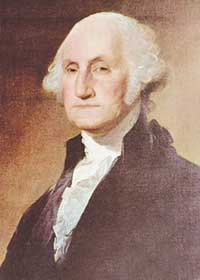
Two hundred and forty-four years is a long time to honor any person’s memory, and yet Americans of all generations have done so. We have lauded this man for the heroic deeds he achieved in a time when no other person could have accomplished them. He was General George Washington. He raised the first American flag on Prospect Hill on January 1, 1776, the same day the American army was formed here.
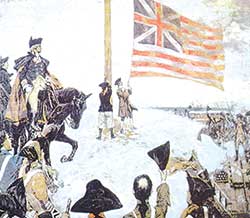
General Nathanael Greene (Greene Street on Prospect Hill), second in command under General Washington, idolized him. The Washingtons had no children and were deeply moved and honored when the Greenes named their first son George Washington Greene and their first daughter Martha Washington Greene.
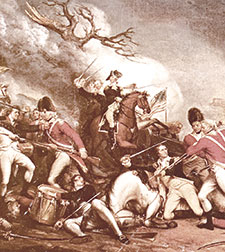
Washington led the Army through eight long years of war followed by eight years of leadership as our first American President. Since then, his name has been noted through a myriad of ways. Hundreds of towns, cities, boroughs, and villages have taken his name and celebrate his distinction as the Father of our Country. For example:
- Our nation’s capital, Washington D.C.
- The State of Washington
- One of the four faces on Mount Rushmore in South Dakota
- New Hampshire’s Mount Washington, the highest mountain in the Northeast
- The George Washington Bridge in New York City
- Washington’s face is on our national currency of dollar bills and quarters
- His image is on many of our postage stamps
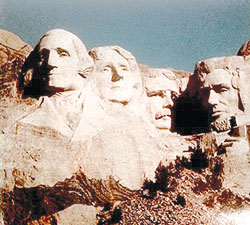
Phillis Wheatley, a well-educated Boston slave, was America’s first black poet to publish a book. One of her most acclaimed poems was titled To His Excellency General Washington. The General sent her a letter of appreciation and an invitation to thank her in person at his Cambridge headquarters. The last four lines of this 42-line poem read:
“Proceed, Great Chief, with virtue on thy side,
Thy ev’ry action let the Goddess guide.
A crown, a mansion, and a throne that shine,
With gold unfading, Washington! Be thine.”
Phillis, like most others, saw him as “The Father of our Country.”
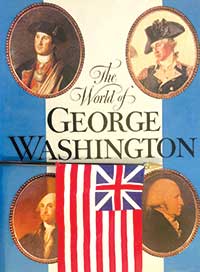












Reader Comments